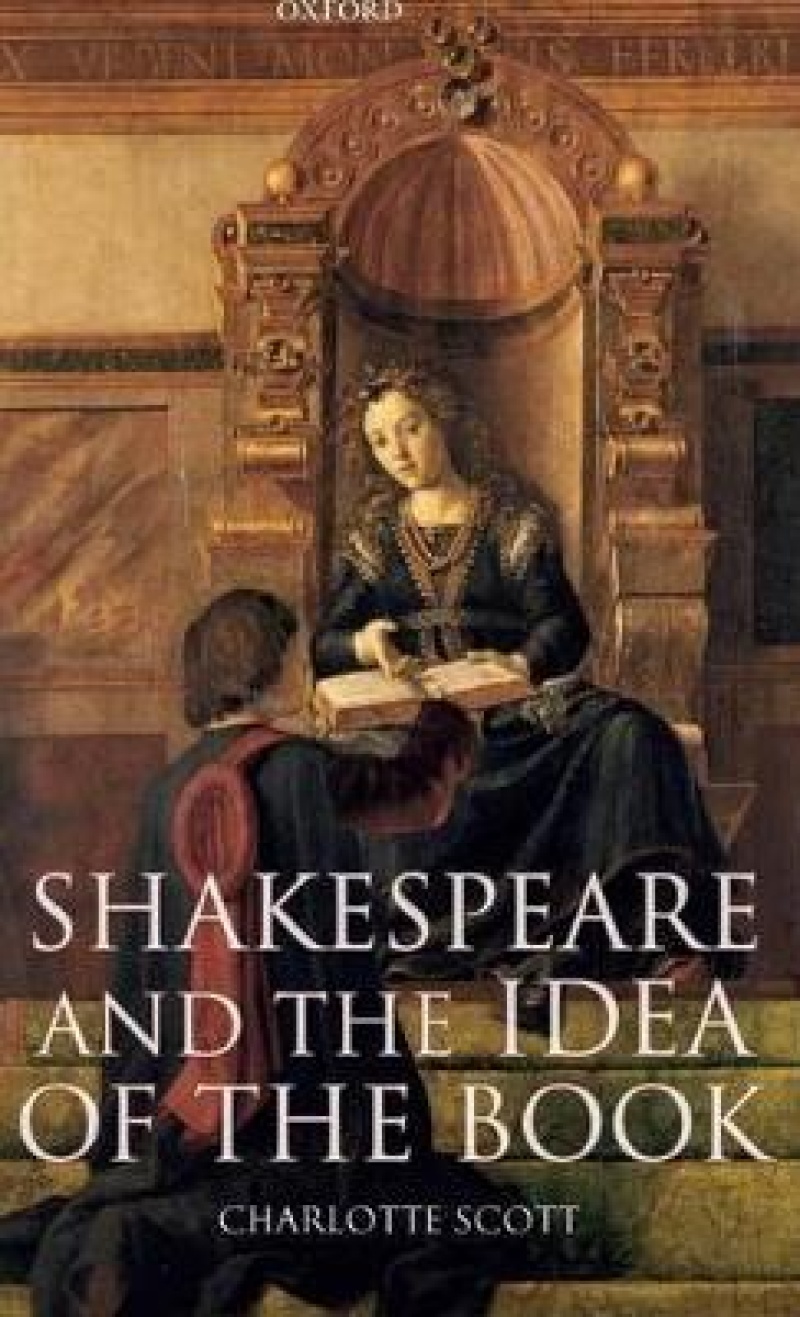The power of Scott's own book lies in its individual chapters, all of which offer some subtle reading.
Peter Hyland, Notes and Queries Journal
The premise of Shakespeare and the Idea of the Book is very refreshing...challenges us to rethink the history of the material text and the extraordinary diversity of Shakespearean thought.
Sean Keilen, Shakespeare Quarterly
The 'book' - both material and metaphoric - is strewn throughout Shakespeare's plays: it is held by Hamlet as he turns through revenge to madness; buried deep in the mudded ooze by Prospero when he has shaken out his art like music and violence; it is forced by Richard II to withstand the mortality of deposition, fetishised by lovers, tormented by pedagogues, lost by kings, written by the alienated, and hung about war with the blood of lost voices. The 'book' begins and ends Shakespeare's dramatic career as change itself, standing the distance between violence and hope, between holding and losing. Shakespeare and the Idea of the Book is about the book in Shakespeare's plays. Focusing on seven plays, not only for the chronology and range they present, but also for their particular relationship to the book - whether it is political or humanist, cognitive or illusory, satirical or sexual, spiritual or secular, social or subjective - Scott argues that the book on stage, its literal and semantic presence, offers one of the most articulate and developed hermeneutic tools available for the study of early modern English culture.
Les mer
This book explores the conversations between two media, the book and the stage, as they evolved in both competition and sympathy. Focusing on seven of Shakespeare's plays, it argues the book on stage, as both object and idea, offers one of the most articulate and developed hermeneutic tools available in the study of early modern English culture.
Les mer
1. Introduction: 'Give me that glass, and therein will I read' ; 2. 'Sad stories chanced in the times of old': the book in performance in Titus Andronicus and Cymbeline ; 3. 'The lunatic, the lover, and the poet': teaching, perversion, and subversion in The Taming of The Shrew and Love's Labour's Lost ; 4. 'Marked with a blot, damned in the book of heaven': word, image, and the Reformation of the self in Richard II ; 5. 'Minding true things by what their mockeries be': forgetting and remembering in Hamlet ; 6. 'Rather like a dream than an assurance': The Tempest and the Book of Illusions ; 7. Conclusion: 'We turn'd o'er many books together'
Les mer
A valuable contribution to scholarship in Shakespeare studies, the History of the Book, and Elizabethan culture
Combines historical material and dramaturgy with close textual analysis
Charlotte Scott is a Lecturer in Shakespeare at Goldsmiths College, The University of London.
A valuable contribution to scholarship in Shakespeare studies, the History of the Book, and Elizabethan culture
Combines historical material and dramaturgy with close textual analysis
Produktdetaljer
ISBN
9780199212101
Publisert
2007
Utgiver
Oxford University Press
Vekt
400 gr
Høyde
220 mm
Bredde
145 mm
Dybde
20 mm
Aldersnivå
UU, UP, 05
Språk
Product language
Engelsk
Format
Product format
Innbundet
Antall sider
226
Forfatter
